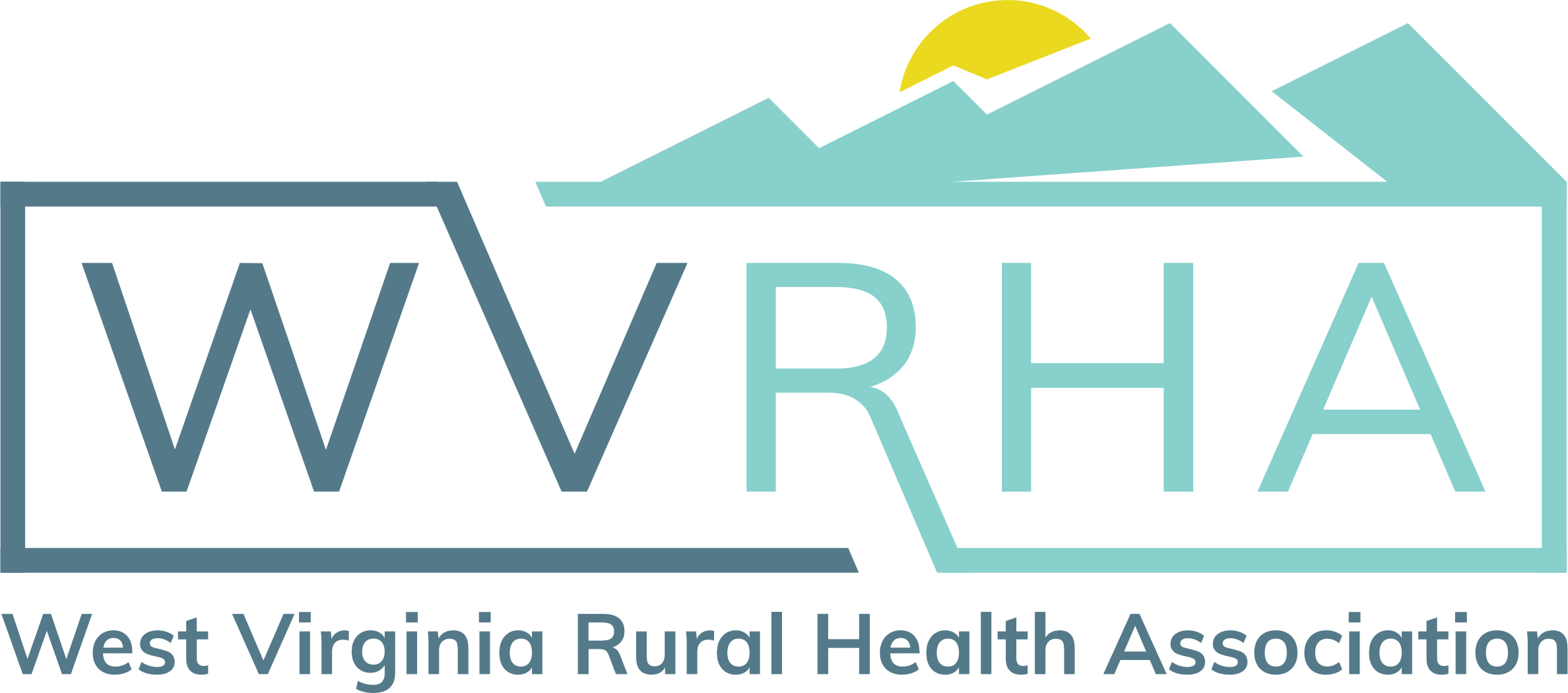
HHS Launches the First National Early Care and Education Workforce Center
HHS Launches the First National Early Care and Education Workforce Center
The U.S. Department of Health and Human Services (HHS), through the Administration for Children and Families (ACF), is announcing the launch of the new National Early Care and Education Workforce Center (the ECE Workforce Center). The ECE Workforce Center is the result of a $30 million investment to support research and technical assistance for states, communities, territories, and Tribal Nations to improve the recruitment and retention of a diverse and qualified workforce across early care and education programs.
As of early 2020, the child care sector has lost almost 80,000 jobs, or about 7.5 percent of its workforce, due to the COVID-19 pandemic. Many organizations that provide early care and education services today say it is difficult to locate skilled candidates to fill vacancies. At the same time, a significant percentage of early care and education workers, who are overwhelmingly women and often have children of their own, live in poverty. Early care and education professionals are among the lowest-paid workforces in the country, despite the skills and expertise they possess to successfully support the development of young children.
“The new National Early Care and Education Workforce Center will help improve early care and education workforce recruitment and retention with a focus on career growth and better compensation for teachers, aides, and other caregivers,” said Secretary Xavier Becerra. “HHS is honored to launch this first-of-its-kind research and technical assistance center to support the essential early childhood workforce who partner with families every day to ensure young children have what they need to thrive.”
The ECE Workforce Center’s research and technical assistance activities will work together to: 1) build a career pipeline for the early care and education workforce, including support for pursuing credentials and degrees while maintaining the strong diversity of the early childhood sector; and 2) identify and implement sustainable approaches to increase compensation and benefits.
ACF conducted a competitive award process to identify the organizations best equipped to launch and implement the ECE Workforce Center for the next five years. Child Trends—along with partner organizations like the Center for the Study of Child Care Employment, BUILD Initiative, ZERO TO THREE, University of Massachusetts-Boston, and the University of Delaware —won the cooperative agreement to carry out the ECE Workforce Center’s critical work.
“We know it is hard for families to find quality early childhood programs. One of the reasons is that programs are having trouble recruiting and retaining early educators,” said Assistant Secretary January Contreras. “We cannot continue to expect early educators to remain in these critical roles only to earn poverty wages. The National Early Care and Education Workforce Center will help states and localities support early care and education professionals—and, in doing so, support working families.”
The ECE Workforce Center builds on HHS’ broader efforts to support the early childhood workforce, which includes an early care and education workforce resources webpage, monthly e-blasts and webinars with content unique to the early care and education workforce, and updated program guidance and information memoranda to early childhood grantees on how to use existing grant funds to advance the workforce. In January, HHS also announced the award of nearly $300 million in Preschool Development Grants Birth through Five to 42 states, providing critical resources to support the early care and education system that families rely on, including the early childhood workforce that is that backbone of our economy and communities across the country. This announcement comes as the Administration celebrates the 30th anniversary of the Family and Medical Leave Act and reaffirms its commitment to ensuring all Americans can both care for and financially support their families.

